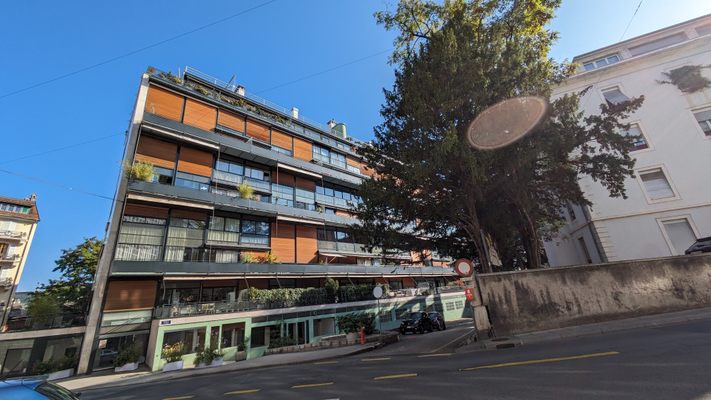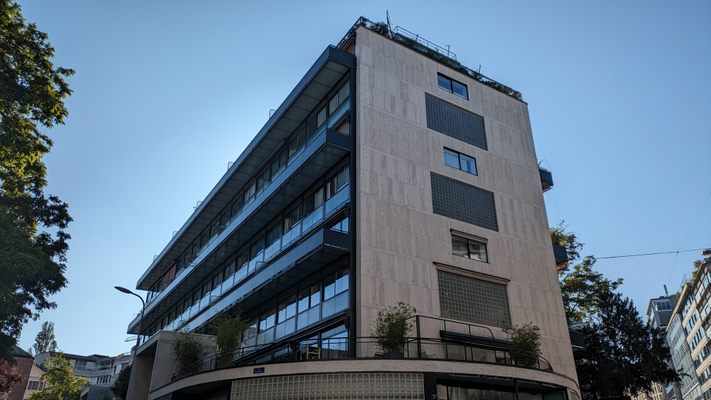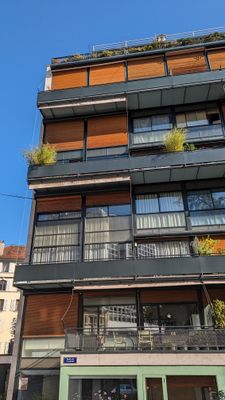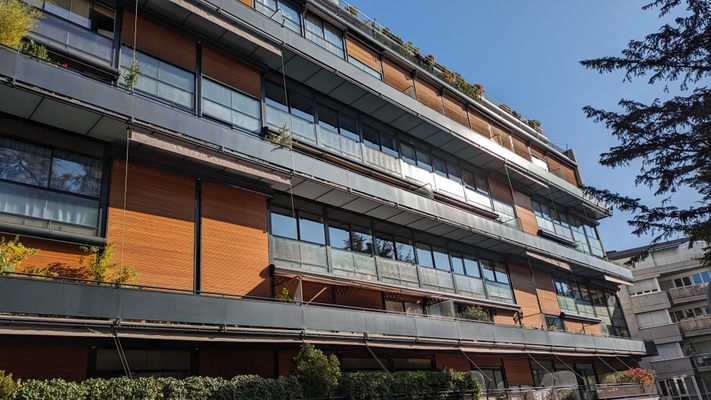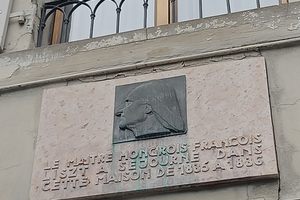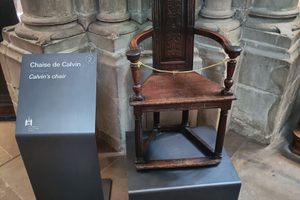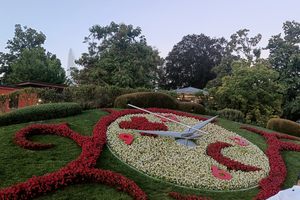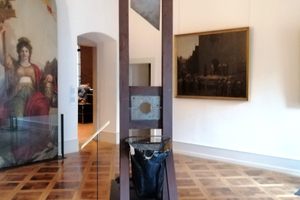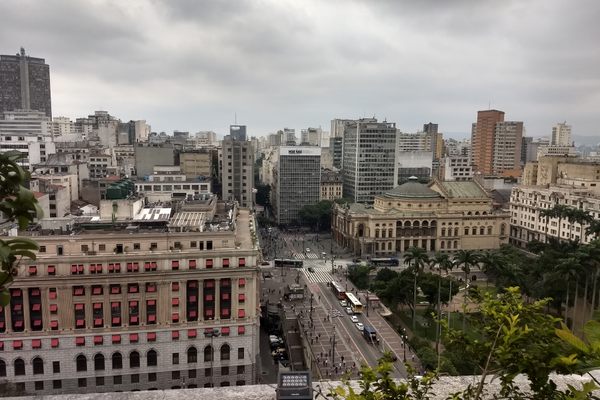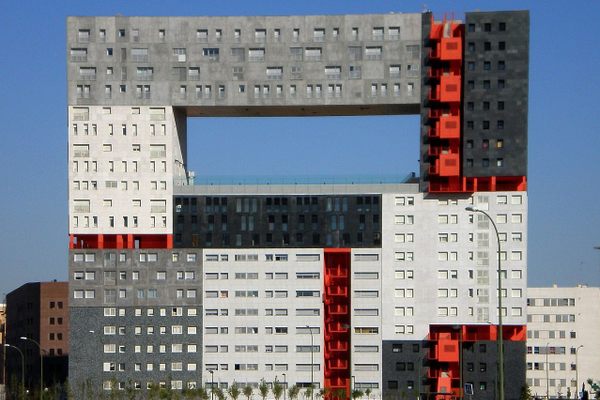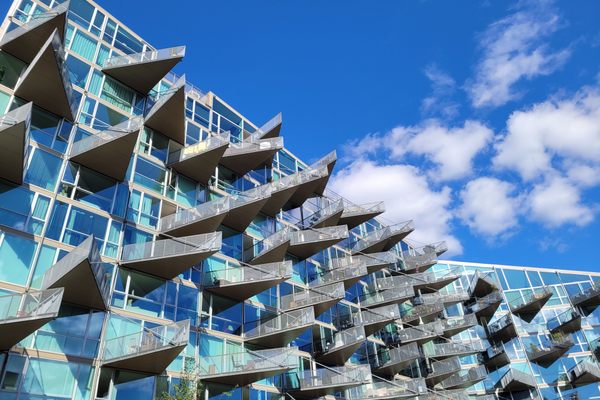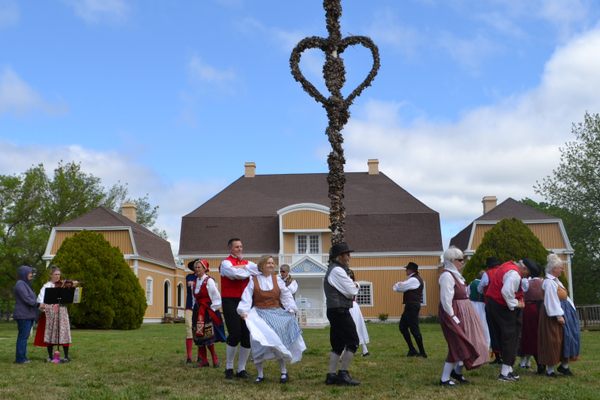About
In Geneva, Switzerland, a rather normal-looking apartment building is an easy-to-overlook architectural wonder. Two of its walls are mainly plain concrete. The other two are lined with long rectangular windows, which are irregularly obscured by auburn blinds. While beautiful in its simplicity, one would not imagine that it was anything more than it seemed. However, this simple apartment building has made its mark in the history of architecture. This is the Immeuble Clarté, one of the early works of one of history’s most influential architects, Le Corbusier.
Le Corbusier started his career designing more traditional buildings. He soon became concerned with crowding in cities and aimed to provide better living conditions for urban residents. He articulated some of his ideas in his 1927 manifesto Le Corbusier's Five Points of Architecture, in which he detailed the importance of five primary features of a new, modern architecture: roof gardens, open floor plans, pilotis (pillars), long windows, and open facades.
The Immeuble Clarté, built between 1931 and 1932, is an expression of each of these five points. The concrete pylons supporting the weight of the building; the absence of load-bearing interior walls and allowance for free floor plans; the separation of the facade from the walls, allowing more freedom in design; horizontal windows running the length of the building; and a rooftop garden are all present in this apartment.
The building has faced threats of demolition several times in its history. In 1986, it was preserved as a historic monument. Today, it is still used as an apartment building, reinforcing Le Corbusier’s vision of providing practical housing to the people.
Related Tags
Know Before You Go
As of 2024, the interior of the Immeuble Clarté is an active apartment building, and thus closed to visitors. It is possible to admire all sides of the building from the outside.
Community Contributors
Added By
Published
January 18, 2024
